
How can Postnatal Depression Affect the Baby?
Many women feel tearful, anxious or a bit down in the first week after giving birth. This is often called the "baby blues" and is so common that it's considered normal. The "baby blues" do not last for more than 2 weeks after giving birth. If your symptoms last longer or start later, you could have postnatal depression.
Postnatal depression is a mix of emotional, physical, and behavioral changes that take place in mothers after the birth of the child, arising from the combination of hormonal changes, psychological change to motherhood, and fatigue. It often starts within 1 to 3 weeks of having a baby. Symptoms of postnatal depression include constant sadness, lack of energy and difficulty bonding with the baby.

Having a baby is a new set of challenges. Between the baby crying and the effects of childbirth, she'll almost be sleep deprived, she may have trouble nursing, she's going to be in serious physical discomfort, and a this helpless baby is demanding attention she doesn't have the physical or emotional energy to give. If she has chosen to breastfeed, she has to deal with pain from cramping, pain from engorgement, pain from nipple rash or worse, and sometimes even pain from sitting, because they’re usually still healing downstairs. The thought of what causes all these is the sudden change in hormonal levels particularly estrogen immediately after delivery.
A mother going through post natal depression is not going to be able to mother optimally . The depression stems from the inadequate mothering she experienced during her own infancy. This has a profound effect on the baby’s mental health for the baby will not receive the emotional care she needs. According to research, post natal depression has been linked to delayed cognitive and linguistic development, disorganized or insecure bonding, greater rates of behavioral issues, and poorer grades. It is important for the mother to get professional help immediately, so she can begin to mother her baby.
Three ways to treat postnatal depression:
-
New moms need to focus on their nutrition and diet around fruits and veggies. Herbal tea like Moringa tea has its own extraordinary benefits in treating severe mood disorders, such as stress, anxiety and depression. Moringa tea by Go-Lacta will provide you with all necessary nutrients. It will not only tackle depression, but also energize the body and boost your mood.
-
Post natal exercises like physical movements like walking might help. Go for a walk with your baby or do some stretching, yoga and meditation.
-
Accept help from family and friends during the postnatal recovery period. Invite them to your home or visit a friend.
If you are experiencing any symptoms of postnatal depression, it is important to seek help from a mental health professional. Untreated postnatal depression can have serious consequences for both mother and the baby. But with treatment, most women are able to recover and go on to have healthy and happy families.

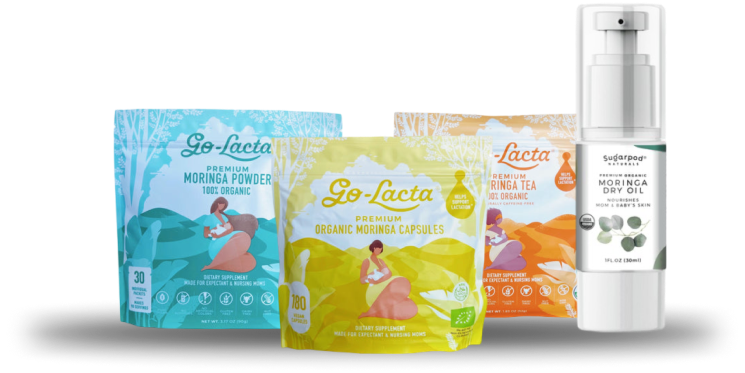
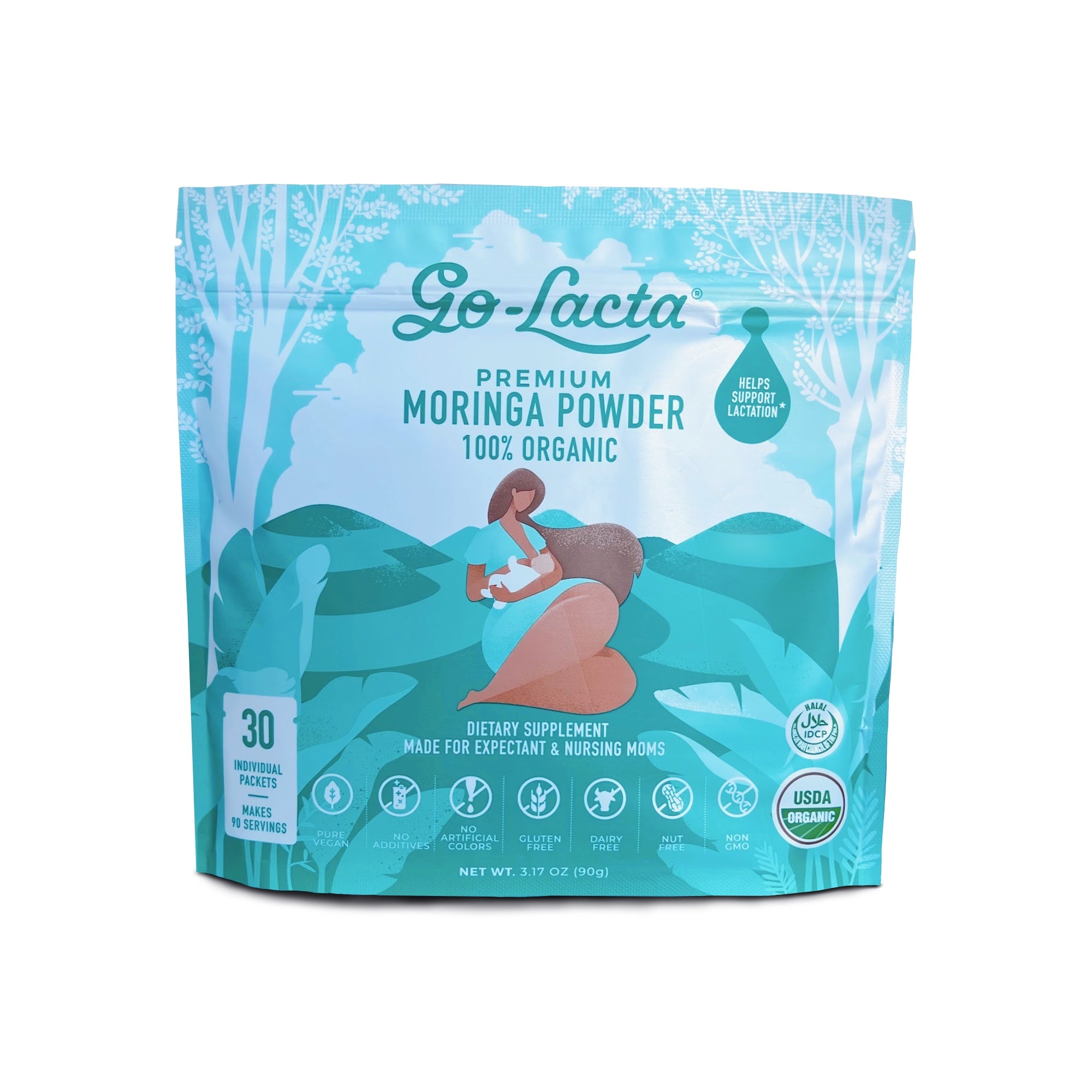

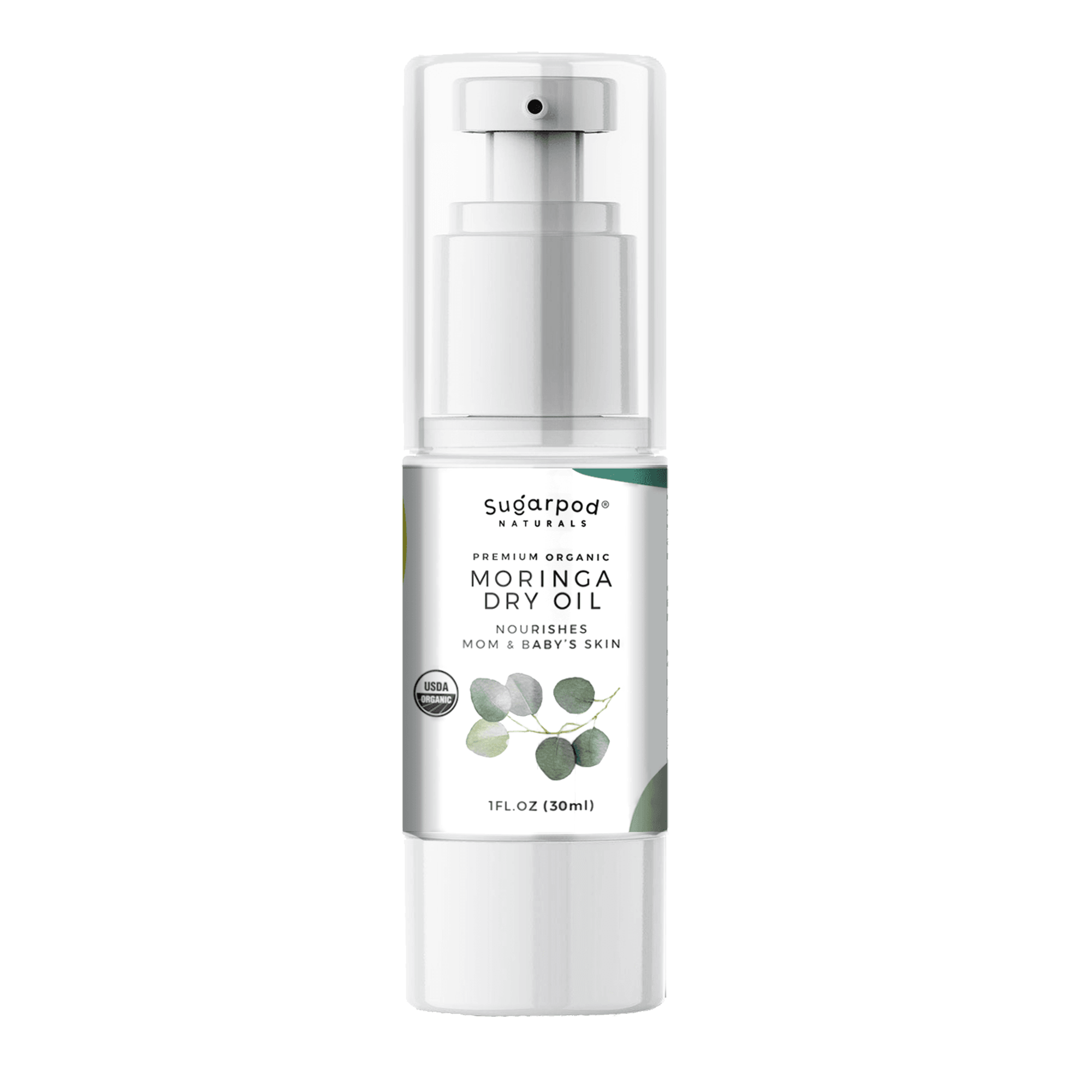

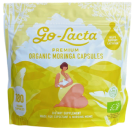

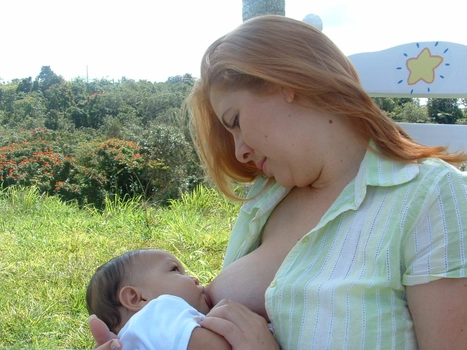
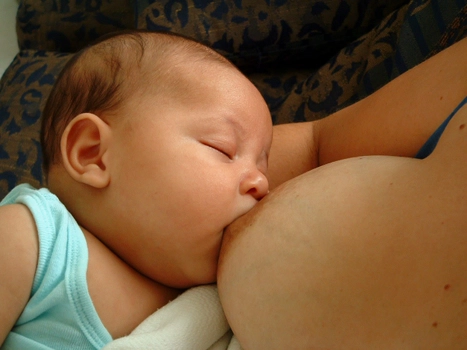
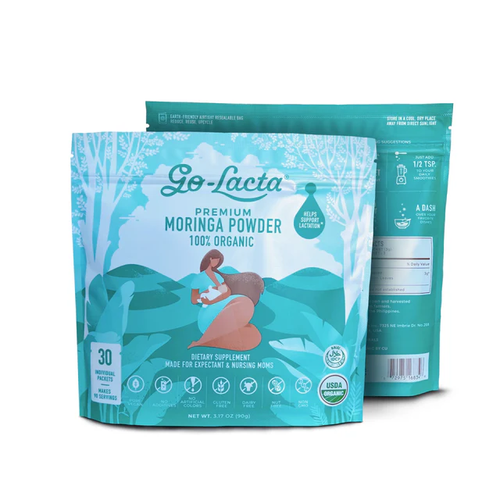

Leave a Comment
Your email address will not be published. Required fields are marked *